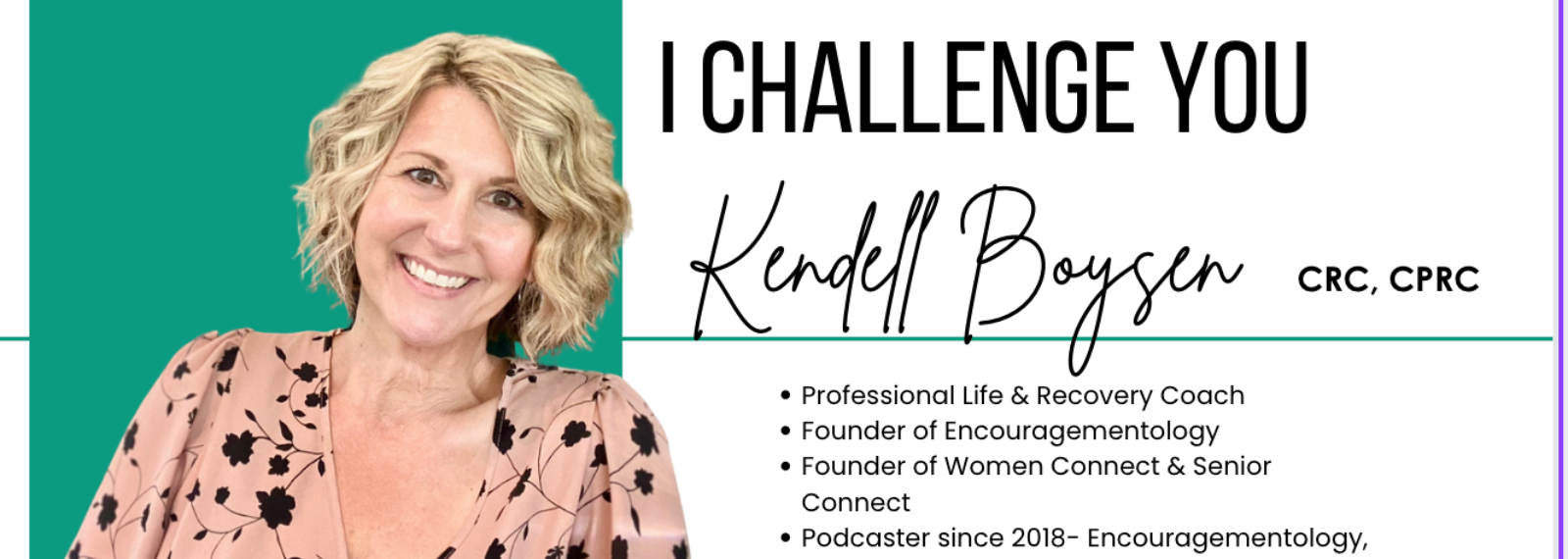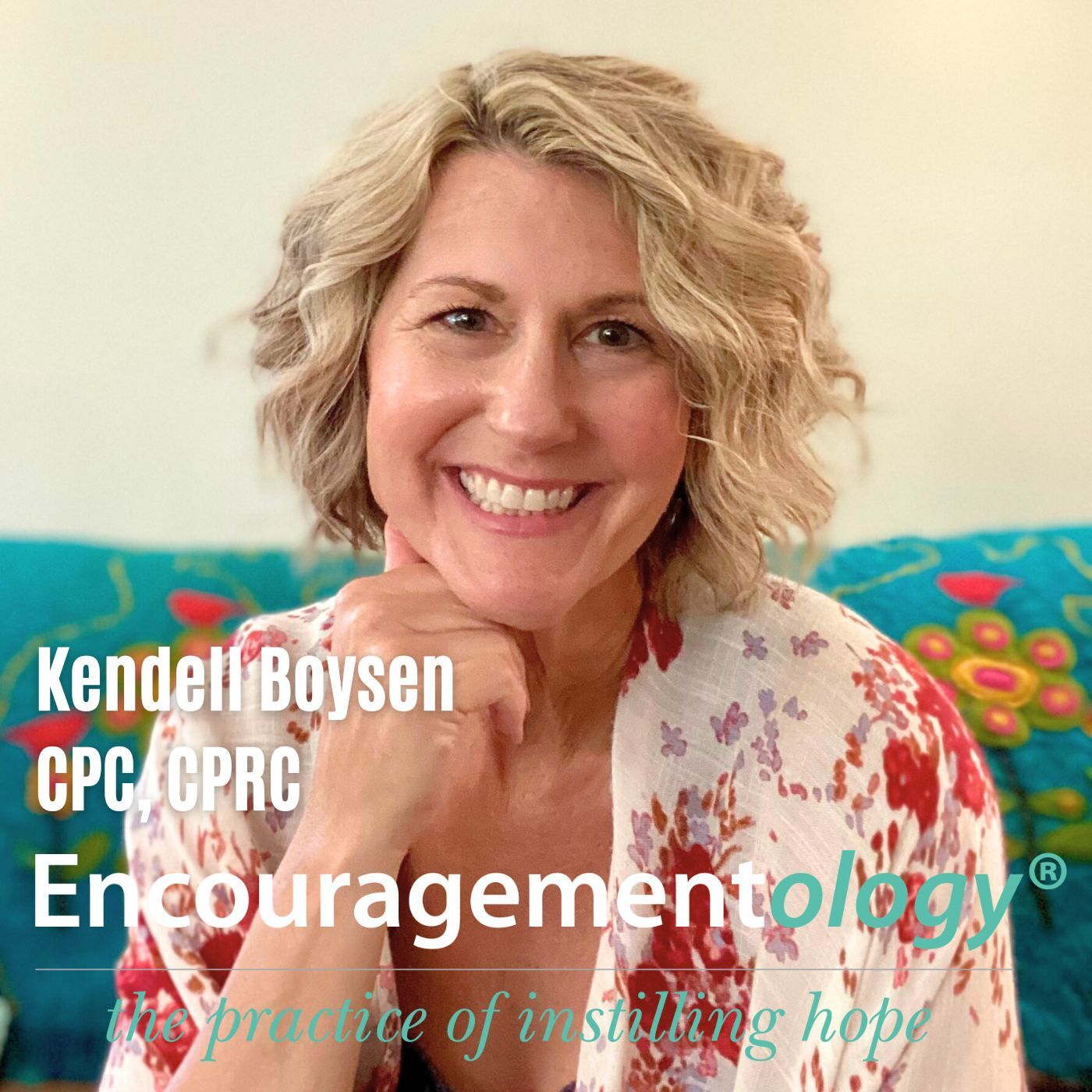Episodes

Tuesday Aug 04, 2020
Finding Long-Term Strategies Instead of Short-Term Fixes
Tuesday Aug 04, 2020
Tuesday Aug 04, 2020
SHOW NOTES:
On this show….we discussed patience, now before you turn the show off thinking, “I don’t have time for this”, maybe you’re the exact person who should be listening. All good things come in time, right? Well, yes but we will also be talking about persistence and resilience because there is much to be done during the waiting. Most of us would probably vote quick fix over long-term strategy even though the later, just by title, sounds a little more solid. Quick and easy is what appeals to us most. Quick means I can have it now and even if it is short-term, the problem is solved and I can worry about it again when the time comes.
We talked about life in quadrants: learning your way, establishing your roots, growing in your awareness, passing on your knowledge. In each of these sections of life, there is a general plan. You need to learn and grow in multiple areas to get to the next stage of life. In many cases, you have help, family members, teachers, and mentors and in other cases, you are doing research and adjusting your plan based on your experiences, both good and bad.
Thomas Oppong writes about The Japanese philosophy of Kaizen as a way to manage long-term goals.
Stop aiming for radical personal change, a magic bullet cannot save you; you’ve got to embrace the process and enjoy it. If you want to achieve your goal every time, create a system that works. Instead of a goal, design a great system or process. That way, you will always win.
The Kaizen approach was developed by Depression-era American business management theorists in order to build the arsenal of democracy that helped the US win World War II. The Japanese took to the idea of small, continual improvement right away and gave it a name: Kaizen.
The idea here is to focus on consistent, everyday improvements in your life—ones that make you better than you were yesterday—rather than how small the step you take is. Each day, just focus on getting 1% better in whatever it is you’re trying to improve. That’s it. Just 1%.
We revisited the idea of 100%: Remember the idea of giving 100% of what you have every day? The idea is not to deplete yourself but to give what you have. Today you may have just a little, bogged down by the weight of what’s going on around you but still, give all of it. I love visualization and to me, this image is something to strive for.
Successful people adhere to the “no exceptions rule” when it comes to their daily disciplines. Once you make a 100% commitment to something, there are no exceptions. It’s a done deal. Nonnegotiable. Case closed!
- What’s ONE thing in your life that you’re currently just partially committed to, but know you should be totally committed to? Write it down.
- What’s ONE thing you can do RIGHT NOW to help yourself get totally committed to it? Write it down.
- Go take action on what you wrote down above right now, or get committed to doing it within the next 24 hours.
We also talked about the importance of planning for the lulls: With any plan, you want to consider, timing and commitment level and at the same time foresee potential threats. No well-executed plan comes without a strategy and part of a successful strategy is to plan for the unconsidered. This is where resilience comes in.
Let’s explore resilience with some information I found from the American Psychological Association
Psychologists define resilience as the process of adapting well in the face of adversity, trauma, tragedy, threats or significant sources of stress — such as family and relationship problems, serious health problems, or workplace and financial stressors. As much as resilience involves "bouncing back" from these difficult experiences, it can also involve profound personal growth.
We explored ways to:
- Build Connections
- Foster Wellness
- Find Purpose
- Embrace Healthy Thoughts
Maintain a hopeful outlook. It’s hard to be positive when life isn’t going your way. An optimistic outlook empowers you to expect that good things will happen to you. Try visualizing what you want, rather than worrying about what you fear. Along the way, note any subtle ways in which you start to feel better as you deal with difficult situations.
CHALLENGE: Don’t be quick to embrace quick & easy. You deserve success and the time it takes to execute a well thought out plan. What you have today is enough and will get your through to tomorrow. Reach out and let those you trust guide the way when it might feel easier to call it quits.
I Know YOU Can Do It!


No comments yet. Be the first to say something!